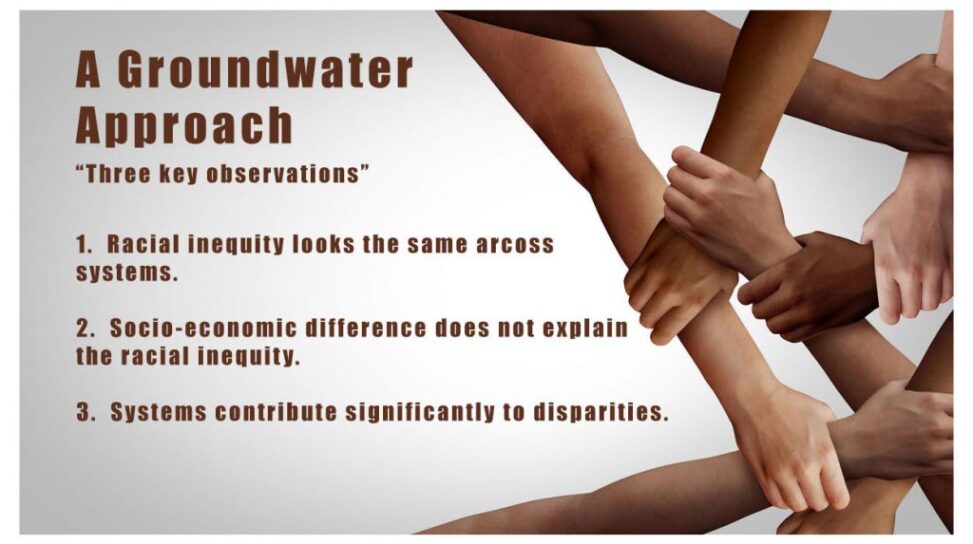Racial Equity Framework

The following expectations, adapted from Bryan Stevenson (Just Mercy), guide FRCSA’s service delivery and community organizing. This is what we need to expect of ourselves and institutions we partner with if we are to be effective change agents.
Get proximate to the problem.
We can’t work collectively on a problem unless we have a common understanding of what it is.
Change the narrative.
What are our narratives about the people we serve?
How are these narratives played out in our systems and institutions? How have we internalized these narratives? What will it take for us to dismantle old narratives and create a new one?
Expect inconvenience and discomfort.
Examining assumptions and practices with a racial lens can be uncomfortable, time-consuming, and conflict-ridden because it’s not always easy to figure out. Discomfort must become a part of the journey and something to be welcomed because it signals our growing edge.
Stay committed and engaged.
This isn’t a sprint but a journey, one that we need to engage with curiosity and commitment and persistent long-term work.
Respect the process.
We need to cultivate a new way of seeing and working together that may seem cumbersome, puzzling, slow and even conflictual at times. We need to bring a racial equity “groundwater” analysis to the process and trust that study and analysis before action will lead to new steps forward.
Listen respectfully and respect confidentiality.
In our work we must also respect those we are working with by listening to each other deeply for meaning and respecting confidentiality of thoughts, ideas and experiences offered by individuals.
Maintain hope, even in the face of the brutal facts.
Hope is not the same as optimism. It is the ability to sense a deeper reality than what is visible. It is the sense that our efforts are meaningful and will lead us forward toward a desired outcome.
![]()
